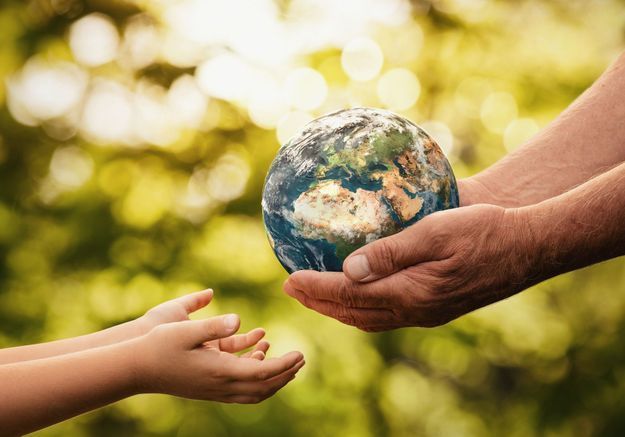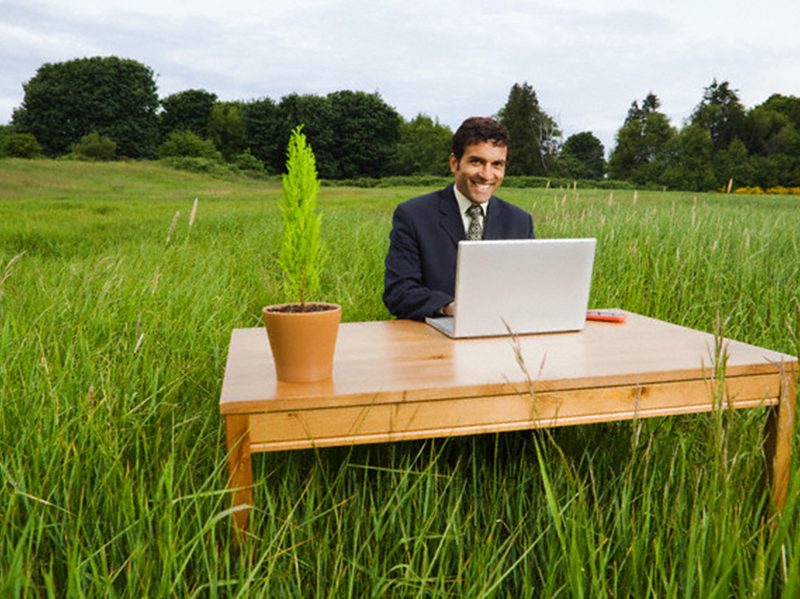
ECO EDUCATION
Organizing lessons and conferences of ECO activities during the vacations. Harmony with ourselves and the Environment.
Now, most of us are accustomed to a consumerist lifestyle and a passive interest in what’s happening to nature. Contributions to a particular sector of natural resources that need to be supported are widespread. At this point our participation ends, and we calmly say to ourselves: “I did everything I could to save a rare species of living organism …”.
In fact, the situation in the environment is not changing for the better, unfortunately. Everyone has to change for himself or herself. Changing habits is quite difficult; and often collective support, collective action is required. Training with THAÏSSE teachers is about learning a new way of life and developing new models of relating to the environment. It’s a bit like “Alcoholics Anonymous”? A light-hearted attitude to the way we treat the packaging of our products, to what everyday things we prefer, to what amenities we are used to, and to what extent – it corresponds to the respect for nature, and furthermore affects our own health …
So THAÏSSE suggests to create more and more interesting events with the immersion of the hall in 3D sessions of a possible future, if we stop using plastic, switch to clean energy resources, etc.
The theater staff will help us make the events interesting and professional. THAÏSSE will invite the owners of the halls to sponsor these kinds of events and to host them. This will help them make a real advertisement for their establishment. Such meetings to change the philosophy of life are becoming more and more popular among the masses. People are ready to change, especially after isolation in quarantine on a global scale. There is so much to offer in this direction and no competition is foreseen. Solidarity and harmonious movement toward a common goal.
It is necessary to expand the knowledge about the recycling and disposal of wastes and to make it publicly available. Only if you know how difficult it is to recycle, utilize and dispose of… to the extent that you really know about it, you can change attitude of the producers to this or that raw material, to this or that fuel…


